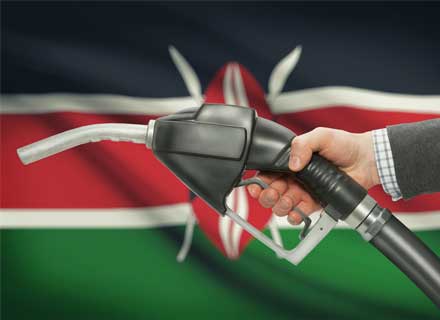The government of Kenya is considering a proposal to double the levy charged on fuel and electricity to support the operations of the Energy and Petroleum Regulatory Authority (EPRA).
The proposal is contained in the Statute Law (Miscellaneous Amendments) Bill, 2023, which seeks to amend the Energy Act by doubling EPRA’s levy from 0.5 per cent to a maximum of 1 per cent.
Currently, Kenyans pay Ksh0.25 per litre of petrol, diesel, and kerosene as a petroleum regulatory levy, and Ksh0.08 for each unit of electricity as EPRA levy. These two levies are the primary source of revenue for the regulator, accounting for 96 per cent of its total revenues of Ksh1.51 billion ($9.9 million) in the financial year to June 2021.
Although the proposal aims to enhance the operational capacity of the regulator, it will lead to an increase in fuel and electricity prices if passed. This comes at a time when there is public outcry over the high cost of fuel, forcing the government to step in and stabilize prices during the latest monthly review of fuel prices last week.
During the review, EPRA kept the price of petrol unchanged but lowered the cost of diesel and kerosene by Ksh2 per litre, which provided slight relief to consumers.
However, the cost of kerosene is now Ksh203.06 ($1.35) per litre at the pump, up from Ksh145.94 ($0.96) in November last year, while petrol has risen to Ksh217.36 ($1.43) per litre from Ksh177.3 ($1.16) last year, and diesel now retails at Ksh203.47 ($1.33) per litre, up from Ksh162 ($1.06).
The regulator’s reliance on the levies means that it is usually hit hard by any reduced demand for fuel and electricity because it directly reduces its revenue collections. Therefore, the proposal to double the levies will have a significant impact on fuel and electricity prices if it is passed.

